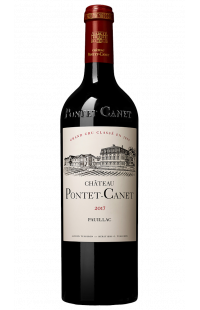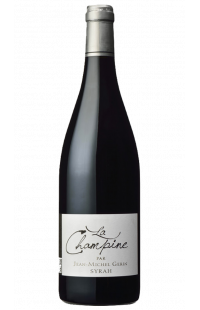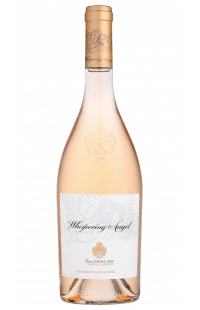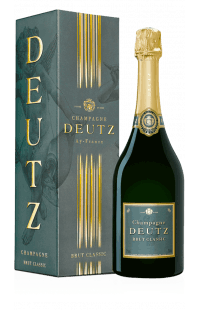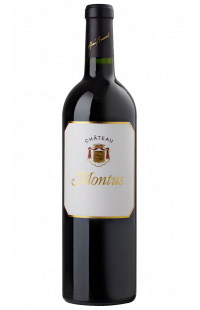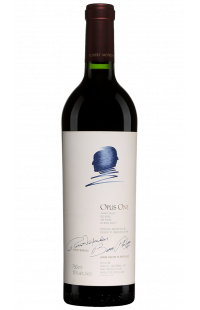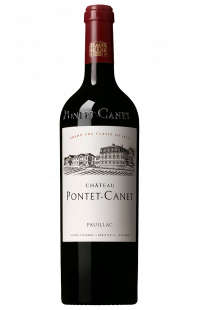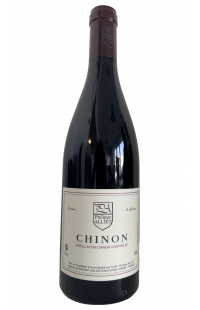- Menu
- All our wines
- Bordeaux
-
Rhône
-
Burgundy
-
Rosés Wines
-
Champagne
- France
-
World
- PRIMEURS
- ORGANIC WINES
Chinon Wines
Ultimate Guide to Chinon Wines: Discovery, Terroir, and Tasting
Discover everything about Chinon Wines: history, terroir, grape varieties, and tasting tips. Learn how to choose and appreciate these exceptional wines.
Chinon wines are among the best-kept treasures of the Loire Valley. Renowned for their unique character and exceptional quality, they are the result of a rich terroir and ancestral expertise. Whether you are a wine enthusiast or a seasoned connoisseur, this comprehensive guide will allow you to dive into the fascinating world of Chinon wines.
Introduction to Chinon Wines
Chinon wines, produced in the region of the same name, are famous for their finesse and complexity. Located in the Loire Valley, this wine region benefits from ideal geological and climatic conditions for vine cultivation.
History of Chinon Wines
The Beginnings of Viticulture in Chinon
Viticulture in Chinon dates back to Roman times, when the first vine plants were established. Over the centuries, the region has developed unique expertise that has allowed its wines to stand out.
Significant Historical Dates
During the Middle Ages, Chinon wines were already renowned and featured on the tables of French kings. In the 19th century, the region experienced significant growth thanks to improved viticultural techniques and the arrival of the railway.
Emblematic Figures
Many winemakers have marked the history of Chinon, contributing to its international reputation. Among them are Charles Joguet and Philippe Alliet, whose wines are now globally recognized.
Terroir of Chinon
Geology and Soils
Types of Soils
The terroir of Chinon is characterized by a great diversity of soils, ranging from argilo-calcareous lands to gravel and alluvial sands. This variety imparts unmatched richness and complexity to the wines.
Climate and Microclimate
Climate Influence on the Vines
The climate in Chinon is temperate, with Atlantic and continental influences. This duality allows optimal grape maturation, thus offering balanced and elegant wines.
Appellations
The Chinon region benefits from several Appellations d'Origine Contrôlée (AOC), which guarantee the quality and authenticity of its wines. The main appellations are Chinon Rouge, Chinon Rosé, and Chinon Blanc.
Chinon Wine Grape Varieties
Cabernet Franc
Characteristics of Cabernet Franc
Cabernet Franc is the main grape variety of Chinon wines. It is distinguished by its red fruit aromas, spicy notes, and ability to produce tannic and structured wines.
Other Grape Varieties
Although Cabernet Franc is dominant, other grape varieties such as Chenin Blanc and Sauvignon Blanc are also cultivated, adding additional diversity to Chinon wines.
Vinification of Chinon Wines
Traditional Methods
Fermentation
Fermentation is a crucial step in the vinification of Chinon wines. Traditionally, it takes place in stainless steel tanks or oak barrels, allowing the preservation of the wine's aromas and freshness.
Modern Techniques
Innovations in Vinification
Chinon winemakers also adopt modern techniques, such as cold maceration and the use of indigenous yeasts, to enhance the quality and complexity of their wines.
Characteristics of Chinon Wines
Color and Hue
Color Nuances
Chinon wines present a range of colors from ruby red to deep garnet. Rosés are often elegantly pale pink, while whites display golden hues.
Aromas and Flavors
Aromatic Profile
Chinon wines are distinguished by their aromas of red fruits (raspberry, cherry), violet, and sometimes green pepper. On the palate, they offer complex and balanced flavors with supple tannins.
Aging Potential
Storage and Aging
Chinon wines have excellent aging potential. Some reds can improve over several decades, developing tertiary aromas of underbrush, truffle, and leather.
Tasting Chinon Wines
Preparation for Tasting
Choosing the Right Glasses
To fully appreciate a Chinon wine, it is essential to use appropriate glasses. Bordeaux-type red wine glasses are ideal for releasing aromas and allowing proper aeration of the wine.
Tasting Steps
Observe, Smell, Taste
Tasting a Chinon wine involves three steps: observation (color and hue), olfaction (aromas), and tasting (flavors and texture). Each step allows the discovery of the wine's multiple facets.
Food and Wine Pairings
Pairing Tips
Chinon wines pair perfectly with a variety of dishes. Reds wonderfully accompany red meats, game, and aged cheeses, while whites and rosés go well with fish, seafood, and vegetarian dishes.
Chinon Wines and Gastronomy
Traditional Dishes
Local Recipes
Among the region's traditional dishes are "civet de lapin" and "poisson à la chinonnaise." These local recipes highlight Chinon wines and offer an authentic gastronomic experience.
Chefs and Their Favorite Chinon Wines
Chef Recommendations
Many renowned chefs recommend Chinon wines to accompany their dishes. For example, Michelin-starred chef Joël Robuchon has often expressed his admiration for these wines in his culinary creations.
Oenological Tourism in Chinon
Vineyards to Visit
Guided Tours
Chinon is a top destination for wine tourism enthusiasts. Many vineyards offer guided tours, allowing visitors to discover the behind-the-scenes of wine production and taste various cuvées.
Wine Events
Festivals and Fairs
Each year, Chinon hosts several wine events, such as the "Chinon Wine Festival" and various specialized fairs. These events provide the opportunity to meet winemakers and taste their best wines.
Buying Chinon Wines
Choosing the Best Wines
Selection Criteria
To choose a good Chinon wine, it is important to consider several criteria: the production year, the vineyard, and tasting notes. Specialized guides and expert reviews can also be helpful.
Where to Buy Chinon Wines
Shops, Online, Vineyards
Chinon wines can be purchased in specialized wine shops, directly from vineyards, or online. Producers' websites often offer a wide selection of their best cuvées.
FAQs about Chinon Wines
What are the main grape varieties of Chinon wines?
Chinon wines are primarily made from the Cabernet Franc grape, with a small production of white wines based on Chenin Blanc.
How should Chinon wines be stored?
Chinon wines should be stored in a cool, dark, and stable place, ideally at a temperature between 10 and 15°C.
What is the aging duration for Chinon wines?
Chinon red wines can age from 5 to 20 years, or even longer for the best cuvées, while rosés and whites are generally consumed young.
What dishes pair well with Chinon wines?
Chinon red wines pair well with red meats, game, and aged cheeses. Whites and rosés pair well with fish, seafood, and vegetarian dishes.
What are the major wine events in Chinon?
Major events include the "Chinon Wine Festival" and various oenological fairs held throughout the year.
Where can I taste Chinon wines on site?
Many vineyards in Chinon offer tastings and guided tours. It is recommended to book in advance for an optimal experience.
Conclusion
Chinon wines, with their richness and diversity, offer an unparalleled oenological experience. Whether you are a novice or an expert, this guide will allow you to appreciate these wines to their full value, understand their unique terroir, and enjoy everything the region has to offer.
